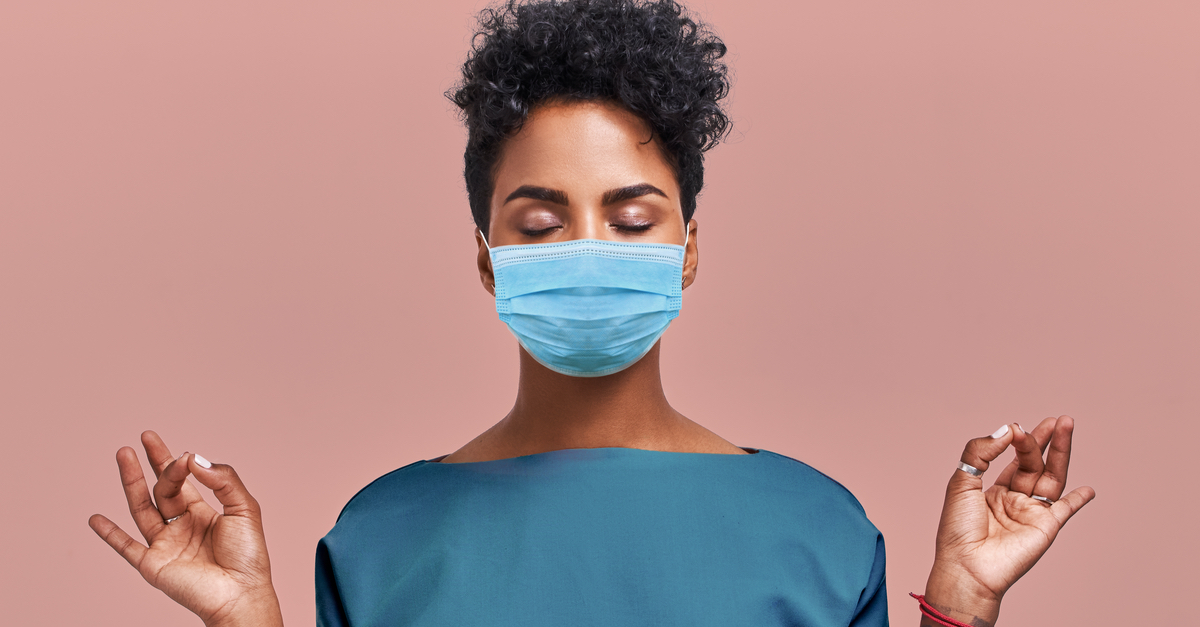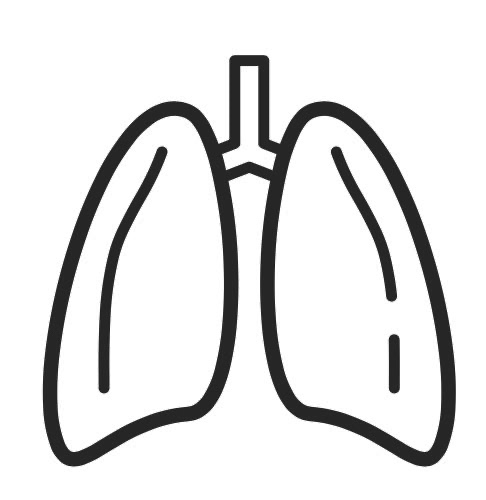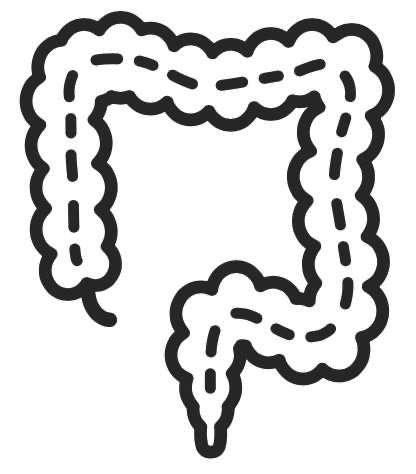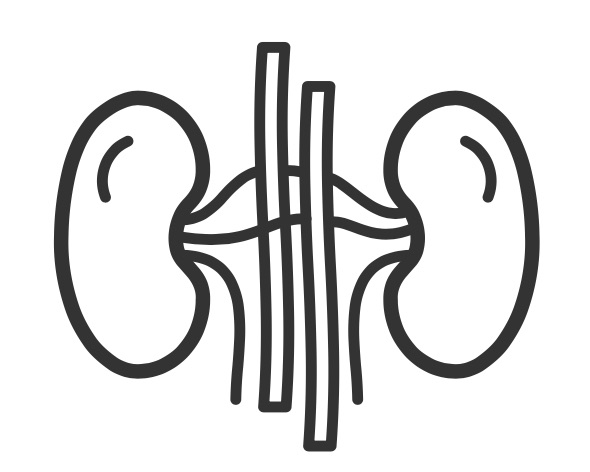Heat Conditions In Oriental Medicine
August 20, 2020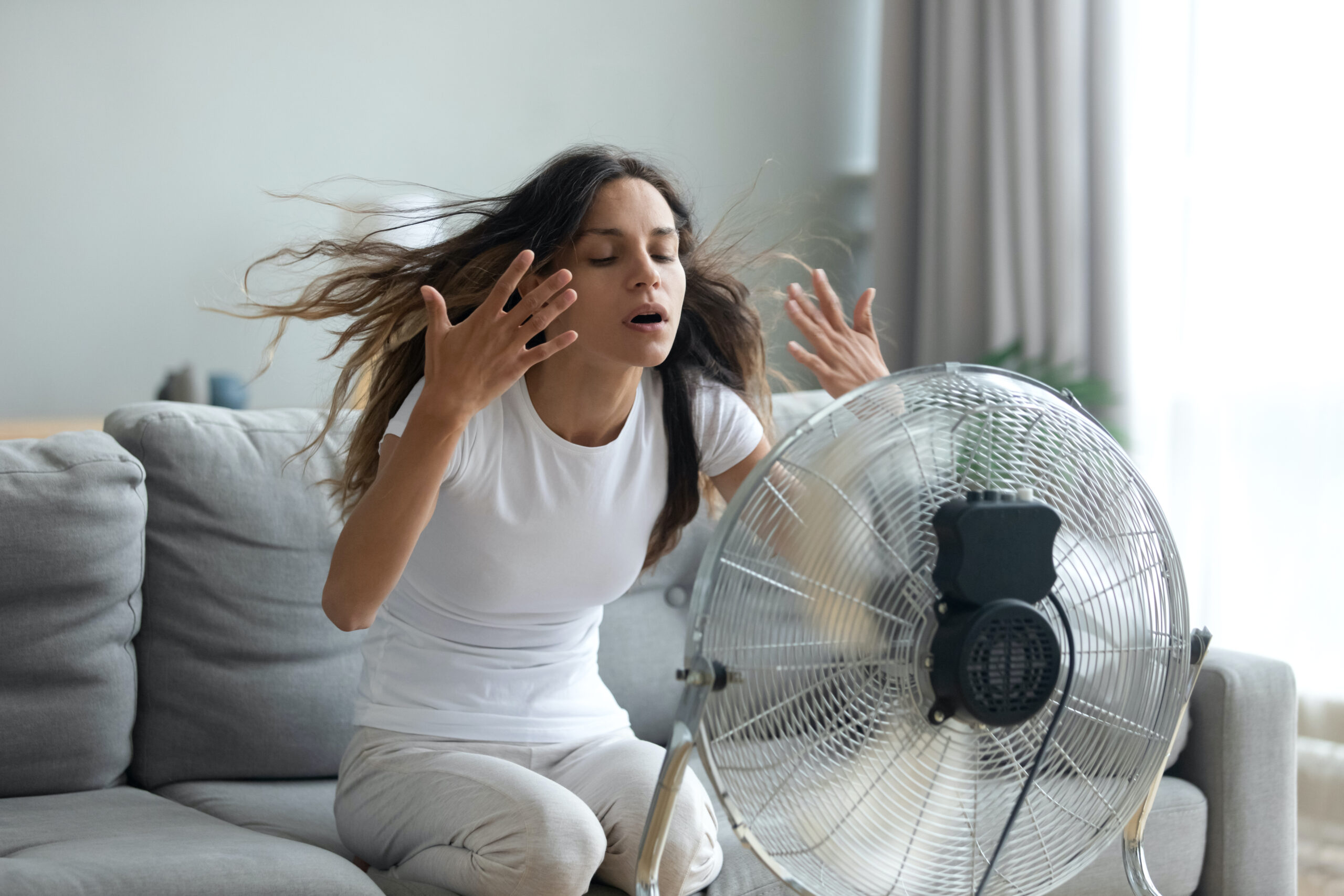
We’re in the heat of the summer with our unusual heat wave, strange thunder storms and consequential fires. I’m sure you’re more than aware of of this heat too if you have health issues that flare up during this time of year. In Oriental Medicine, heat is an extremely common cause of disharmony that occurs not only in the summer, but at any time of the year.
We all know the basic signs of heat: red face, inflamed skin conditions, a general feeling of heat, thirst, and possibly getting agitated easily when you’re overheated – among many others. If you suffer from a heat disorder, you may be surprised to learn that in Oriental Medicine heat is broken up into three main disharmonies that are commonly seen; 1) Heat, 2) Fire, 3) Deficient Heat. What’s also interesting to know, is that each kind of heat is treated differently!
Heat
- General Symptoms: feeling of heat, red face, thirst, mental restlessness, dislikes heat, attracted to cold, bad breath, high blood pressure, hemorrhage, convulsions, delirious, fast heartbeat, fever, red inflammation/swelling/rash/skin eruptions/sores, constipation, dry/smelly bowels, dark yellow/red urine, blood in stools/urine, wants a lot of cold drinks, matter excreted is forceful/urgent, mucus & phlegm are thick and yellow or green, bad breath, bright red blood with your menstrual cycle
- Characteristics: Heat can easily lead to fire further down the road
Fire
- General Symptoms: red face/eyes, swelling/pain of eyes, tongue ulcers, mouth ulcers, scanty/dark urine, dry stools, bleeding, insomnia, mental restlessness, irritable, easily agitated.
- Characteristics: It dries out more than heat, moves upwards and affects the upper parts of the body, affects the mind more than heat (anxiety, agitation, insomnia, mental illness, etc.), causes bleeding, can cause itching, seizures and it can also cause symptoms to move around the body.
Deficient Heat
- General Symptoms: a feeling of heat in the afternoon/evening, night sweats, a dry mouth with a desire to drink in small sips, malar flush (red cheekbones), dry throat at night, feeling of heat in the chest, palms and soles (called 5-palm heat), dry stools, scanty dark urine
- Characteristics: This is when you don’t have enough fluids to cool the body and anchor your heat. This condition can be induced by NSAIDs, antibiotics, cortisone, lifestyle, environment, the aging process, etc.
Some people are born with heat being part of their constitution (genetics), and others develop symptoms of heat over time. If you have experienced heat symptoms since childhood, you likely have a genetic predisposition to heat. If your heat symptoms came on later in life, then you likely have an internal disharmony. These factors are important and determine the course of treatment by your practitioner.
Other ways heat can be generated is from physically being in warm environments, by a lack of circulation, and also due to lifestyle patterns. Heat also develops due to trauma – have you ever sprained your ankle and it got red, swollen and tender (i.e. another form of circulation restriction). See below to see how heat can affect specific organs.
Lung
cough up blood, thick/yellow sputum
Large Intestine
constipation w/dry stools, ab pain
Small Intestine
UTI
Heart
Tongue ulcers, insomnia, red tip of tongue, mental restlessness
Liver
red/swollen/painful eyes, Ha, bitter taste, irritable, anger outbursts, sides of T red
Stomach
mouth ulcers, thirst, epigastric pain, bad breath
Whatever the way heat develops, it comes down to a Yin and Yang imbalance. Yin is the cool aspect associated with fluids, and Yang is the heat aspect associated with dryness. A balance of them both is what allows for “homeostasis” in Western terms. If you are experiencing an excess of heat/dryness, it means that you need more coolness and/or fluids, and vise versa.
Ways You Can Develop Heat
- Genetics: born with a predisposition to heat
- Lifestyle: excess amounts of alcohol, warm foods, fried foods, not enough cool foods, too much activity/work without enough rest, emotional strain, etc.
- Physical Environment: Exposure to heat or extreme climates
- Internal Organ Disharmony: Obstruction of Qi flow (circulation) through your organ(s)
Heat Causing Behaviors
There are some general lifestyle behaviors that you can implement into your life to help beat or prevent heat conditions.
- Be mindful of your emotions to prevent excessive anger/aggressiveness, which internally cause heat
- Eat less foods that cause heat (see chart below)
- Avoid alcohol, coffee and smoking (I understand these ones can be a lot to ask, but they make a HUGE difference!)
- Avoid pressure baking or deep frying
Heat Reducing Behaviors
- Cooking – Try steaming, simmering & using more raw foods
- Stress management – meditation, walks, doing things that you enjoy, or anything else that makes you feel calm and happy 🙂
- Make sure you drink enough fluids
- Eat cooling foods (see chart below)
| Produce Heat | Cooling Effect | |
| Vegetables | Garlic Bell Peppers Kale Onions Green Beans Leeks | Seaweed White Mushrooms Sprouts Asparagus Broccoli Carrots Cauliflower Celery Cucumber Potato Spinach Zucchini |
| Fruits | Cherries Coconut Grapes Pineapple Plums Raspberries Tangerines Mango | Banana Cantaloupe Pears Watermelon Apples Apricots Lemons Oranges Peaches Strawberries Tomato |
| Grains | Oats Brown Rice Rye Buckwheat Corn meal Sweet Rice | White Rice Wheat Pearl Barley |
| Meats | Lamb Beef Chicken Fresh Water Fish Shrimp Turkey | Pork Eggs Clams Crab Ocean Fish (neutral) Dairy Products (neutral) |
| Misc. | Black beans Lentils Walnuts Brown sugar Coffee Wine | Tofu Salt Tea Honey (neutral) |
Often disharmonies are not as simple as hot or cold, and this is where going to your practitioner comes into play. Usually people are a mixture of hot and cold, dry in some ways, but have more moisture in other areas, have blockages in one area that cause a lack of circulation further down the channel, etc. After reading this, you may have noticed that you clearly have a heat condition. Try applying the suggestions above to help reduce your heat symptoms. Please note that everyone is different, and heat is caused in multiple ways, so if your symptoms get worse with the above suggestions, you likely have a more complicated disharmony and will benefit from contacting your practitioner for acupuncture, an individualized nutritional plan, and/or herbal treatment. Stay cool everyone!
